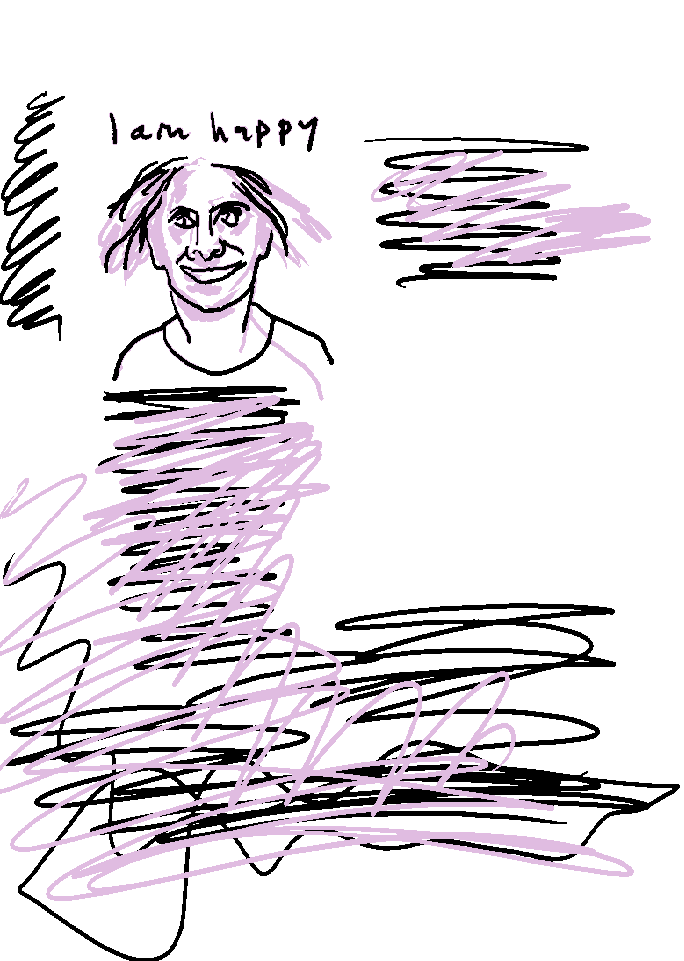
Dangerous drive —
The Dakar rally, which moved from Africa to South America for security reasons in 2009, is notoriously dangerous and has claimed a number of lives in its history, both among competitors and spectators.

Founding father —
The race was the idea of Frenchman Thierry Sabine after he got lost on his motorbike in the desert during the Abidjan-Nice Rally back in 1977. "A challenge for those who go, a dream for those who stay behind," is how Sabine described the inaugural Dakar.

Dakar's dark year —
Sabine, French singer Daniel Balavoine, journalist Nathaly Odent, pilot François Xavier-Bagnoud and radio technician Jean-Paul Le Fur were killed in a helicopter accident during the Dakar in 1983. Sabine's ashes were scattered in the desert and his father Gilbert, aided by Patrick Verdoy, took over the race's running.

Diplomatic incident —
In 1982, the son of then British Prime Minister Maggie Thatcher was stranded in the desert while competing in the Paris-Dakar Rally. "Being without a radio, I couldn't listen to the World Service and so had no idea of all the drama this was causing back home," Mark Thatcher told the Guardian newspaper in 2004. "I later found out that half of Fleet Street was in Tamanrasset and that the other half was trying to fly down there."

Toss of a coin —
During the 1989 Dakar, Peugeot was fighting for victory with Ari Vatanen (R) and Jacky Ickx both driving identical cars. The former boss of Peugeot Jean Todt, who is now FIA president, became so concerned both might crash he opted to implement team orders. Taking a 10-franc piece out of his pocket, Todt flipped the coin -- with Vatanen winning the toss. Vatanen is pictured with Auriol during 1987 race.

Double winner —
Former motorcycle winner of the Dakar Hubert Auriol became the first driver to win in both the bike and car categories in 1992. That year the race comprised 22 stages and passed through 10 countries -- running from the north to Africa's southernmost tip of Africa -- on its 12,427 kilometer route.

'Miss Dakar' —
Jutta Kleinschmidt made her first appearance in the Dakar in 1988 in the bike category. Thirteen years later the German -- at the wheel of a Mitsubishi -- became the first woman to win the prestigious car competition.

Bike deaths —
During the 2005 Dakar, motorbike riders Jose Manual Pérez and Fabrizio Meoni died in consecutive days after separate crashes. That year motorcyclist Cyril Despres dedicated his victory to Meoni and Richard Sainct, who had died a few weeks earlier during the Pharaohs Rally.

World Cup skiing champion —
Driving a Mitsubishi, the 1997 World Cup skiing champion Luc Alphand won the 2006 Dakar. However his win was overshadowed by the deaths of two young spectators and Australian motorcyclist Andy Caldecott, who died on stage nine.

Terrorism stalks Dakar —
The Dakar has been canceled just once -- in 2008. After four French tourists were murdered in Mauritania on December 24, 2007, organizers chose not to run the event due to "direct threats against the race issued by terrorist groups." Eight of the rally's 15 stages had been due to pass through Mauritania.

South America switch —
The cancellation of the 2008 Dakar prompted the the 31st edition of the race to be moved to South America. There were victories for Marc Coma in the bike category, Josef Machacek in the quad category, Giniel De Villiers in the car category and Firdaus Kabirov in the truck category.

Historic triumph —
Last year Stephane Peterhansel of France won an unprecedented 10th Dakar title by the car class for the fourth time. It was the six-time motorcycle champion's first victory since the race left Africa.



